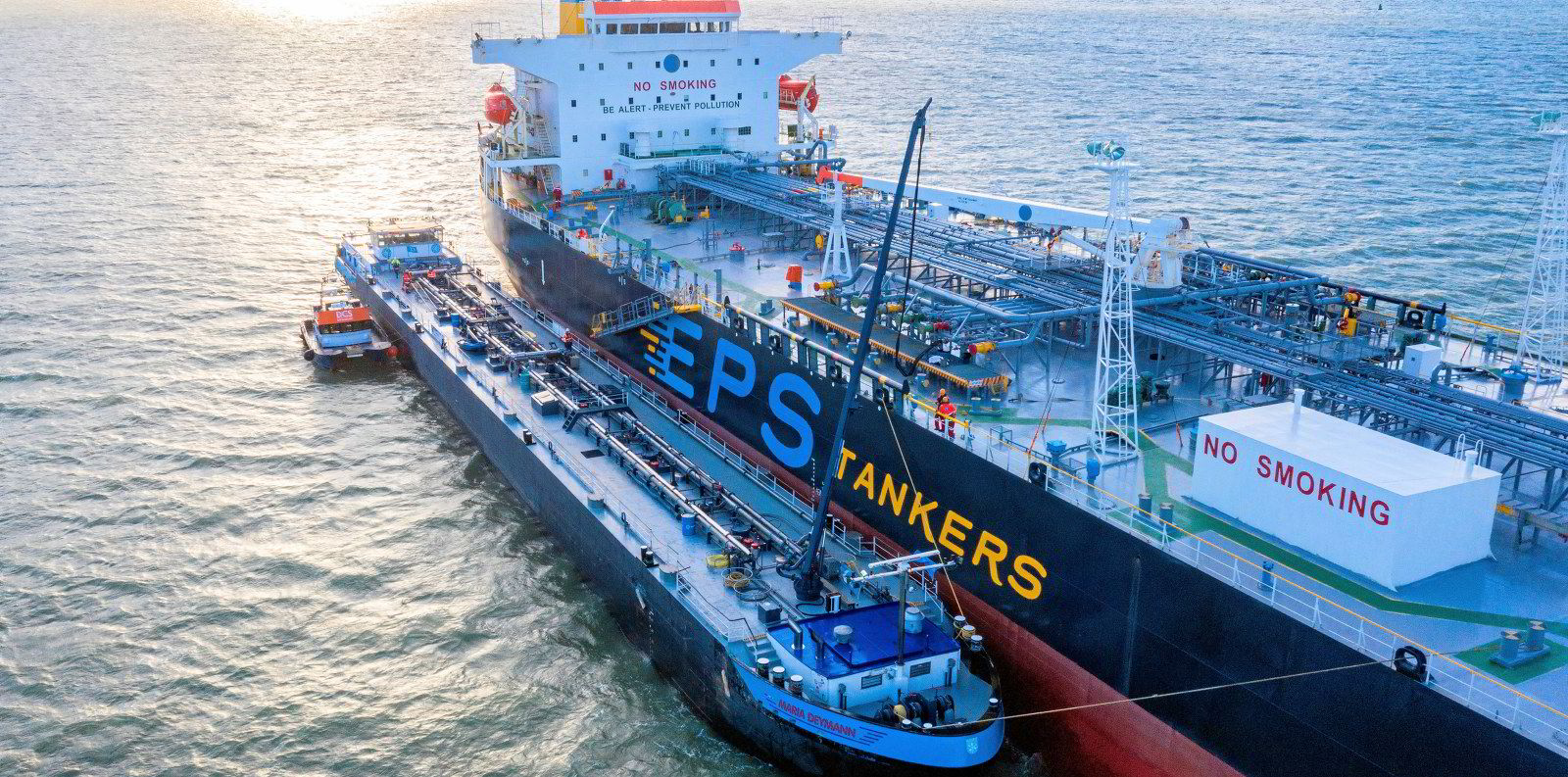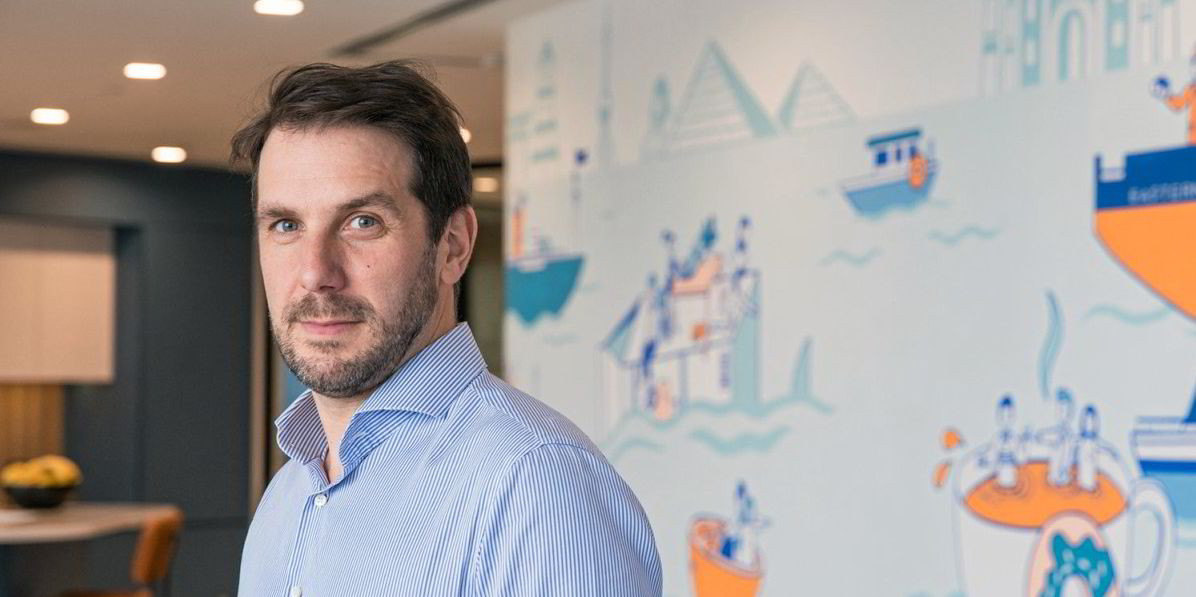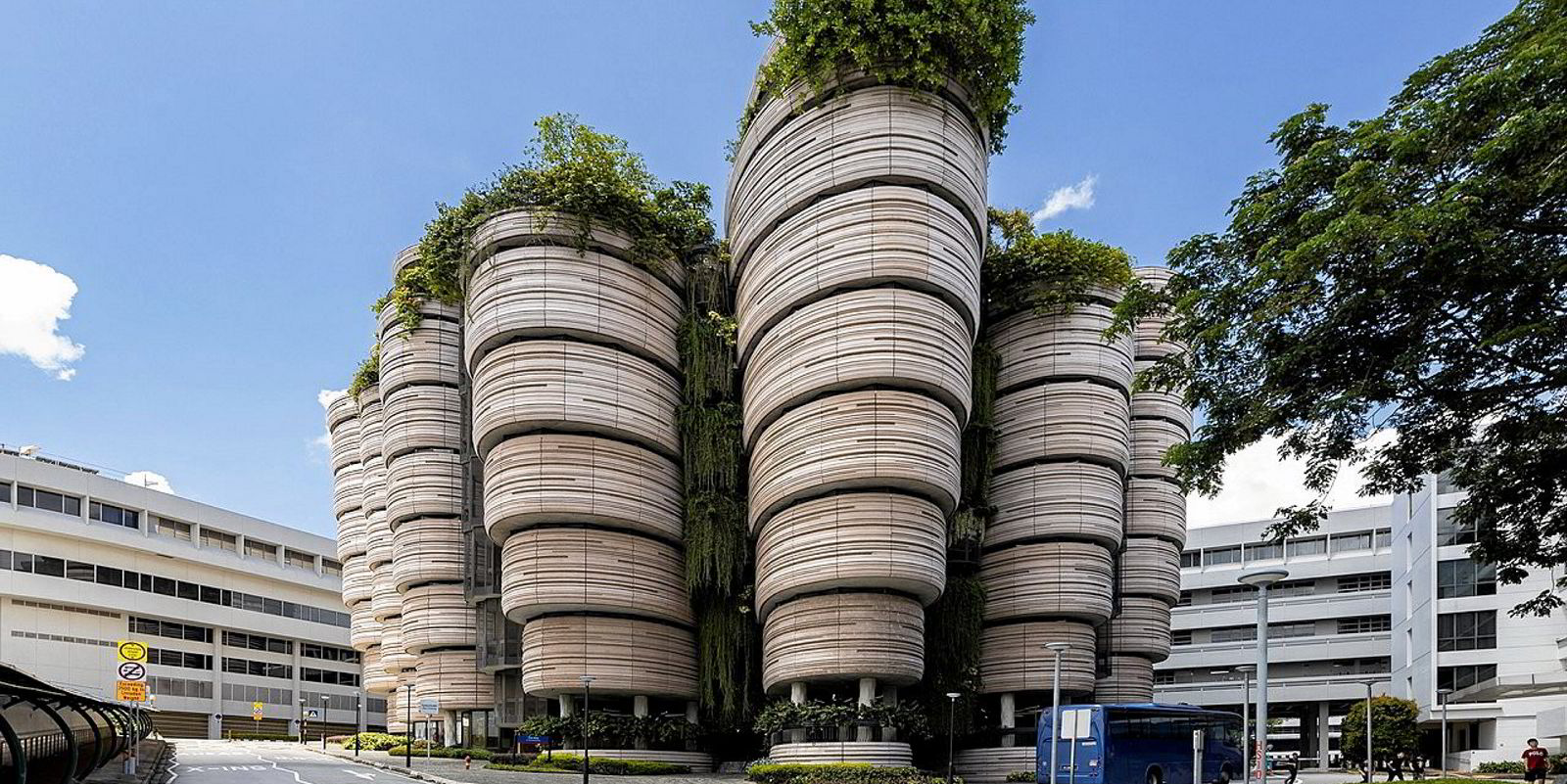Eastern Pacific Shipping has thrown its weight behind an existing study into ammonia bunkers being conducted by a top Singapore university.
The study by Nanyang Technological University (NTU), which was first announced in January, is aiming to create a high-level understanding of the ammonia supply chain and bunkering safety.
For the study, Eastern Pacific said it will be lending its “industry-leading expertise in the loading, transporting, and discharging of gas, including ammonia, as a cargo”.
The Idan Ofer-backed shipowner currently manages one of the largest independent gas carrier fleets with 10 mid-to-large size gas carriers on water.
Eastern Pacific has another 12 midsize, large and very large gas carrier newbuilds set to be delivered between 2022 and 2023.
The shipowner said its "deep knowledge and technical capabilities in the gas sector" will play an essential role in developing bunkering protocols for ammonia.
“Ammonia is widely viewed as a promising alternative marine fuel for the maritime industry as it has the potential to reduce greenhouse gas emissions significantly,” an Eastern Pacific spokesman told TradeWinds.
“As a bunkering fuel, ammonia presents several opportunities, but also several technical challenges.”
Eastern Pacific chief executive Cyril Ducau said the company has a “responsibility to use whatever means necessary to lower its emissions”.
“Our participation in the study with NTU Singapore supports our holistic strategy of testing a full spectrum of alternative marine fuels, including ammonia,” he said.

Professor Jasmine Lam, director of NTU Singapore’s maritime energy and sustainable development (MESD) centre of excellence, said the study comes at the right time with ammonia a key potential marine fuel.
“We hope this collaborative effort will contribute to Singapore’s long-term maritime decarbonisation strategy for a more sustainable maritime Singapore,” she said.
Other existing participants in the study include ABS, ExxonMobil, Hoegh LNG, MAN Energy Solutions Singapore, Jurong Port, PSA Singapore and Itochu Group.
Eastern Pacific’s involvement in the study comes hot on the heels of the company entering a partnership that will fund a maritime decarbonisation centre in Singapore.
The outfit was one of six maritime organisations that, between them, contributed a total of SGD 60m ($45m) to the fund, which was unveiled during Singapore Maritime Week in April.
Eastern Pacific, BW Group, BHP, Ocean Network Express, Sembcorp Marine and Foundation Det Norske Veritas each agreed to contribute SGD 10m, with the Maritime and Port Authority of Singapore chipping in a matching SGD 60m.





